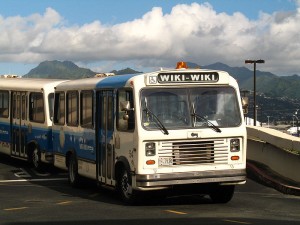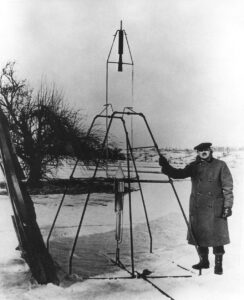Archive for March 16, 2025
Mac OS X Server 1.0 Released
Mac OS X Server 1.0 is released. This was the first version of Mac OS X available as the desktop version would not be released until just over a year later on March 24, 2001.
Derived from the NeXTSTEP technology that Apple acquired in its purchase of Steve Jobs’ company NeXT (which also brought back Jobs as an advisor and eventually CEO) Mac OS X Server 1.0 is important in history as the first shipping example of what would become the Mac OS X operating system (later OS X and then macOS), which was not only a major advancement for the Apple Macintosh platform but would also form the basis of Apple’s future iOS and iPadOS operating system. However, this original 1.0 release was fairly rough around the edges and was met with mixed reviews due to various technical limitations and interface oddities due to the not yet completed transition from the NeXTSTEP interface model.
The First Wiki

The worlds first Wiki, WikiWikiWeb is gets its start as Ward Cunningham sends an e-mail inviting people to add and edit content. Cunningham officially launches WikiWikiWeb 9 days later on March 25th.
A Wiki is a database that can be a community collaboration. Rather than calling his creation “quick-web”, Cunningham said the inspiration for the name Wiki came from the Wiki Wiki shuttle bus he learned of during a trip to Hawaii, “wiki wiki” meaning “quick” or “fast” in the Hawaiian language. Six years later, Wikipedia is launched, although Cunningham has no official involvement.
First Liquid-Fueled Rocket Launched
Robert Goddard, now considered the father of modern rocketry, successfully launched the world’s first liquid-fueled rocket in Auburn, Massachusetts. The rocket reached an altitude of 41 feet in 2 seconds at a speed of about 60 miles per hour.
The concept of using liquid as fuel allowed the advancement of rocket technology to the point where space travel was made possible. Goddard died in 1945 before his vision of space travel became a reality, however NASA acknowledged his contributions by naming the Goddard Space Flight Center after him.


